12 Likes
12 Comments
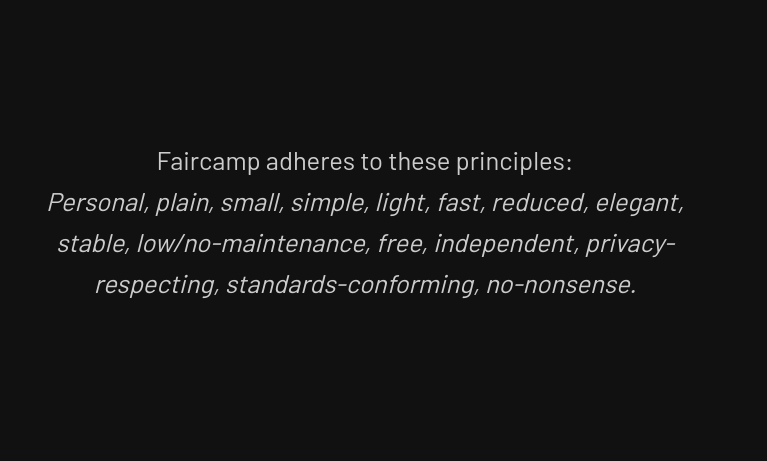
Bandcamp is just another prison
There's an unshakeable belief that Bandcamp is somehow the ethical alternative to Spotify and the like. Sure, that's even shittier. But Bandcamp is a greedy monster that lives off the talents of others, you have to buy into the playlists, pay very high fees and are at the mercy of an algorithm that favors those who are favored anyway. Using Bandcamp is like buying vegan products from Nestlé, it seems nice at first, but it only strengthens those who are actually the problem. Luckily, there is the FOSS scene and since yesterday I know that Simon Repp @freebliss has made a great start with his Faircamp https://simonrepp.com/faircamp/. A very lightweight static streaming site for bands and independent labels as it should be. It's still very alpha, but you can easily see that there's a diamond that just needs to be polished. Open standard protocols, no database, no PHP. You don't even need a server, a web space is enough. Super cool. Unfortunately I don't know Rust, but as a know-it-all I can tell you what sucks ;) I set it up as a test for my label Suzy Q Records https://music.undeadnetwork.de/. It's not really in production mode yet, but it will be. Looks super cool. Exactly what I need to get D.I.Y. Underground music onto the free net. Great project, well worth supporting.
https://word.undead-network.de/2024/11/12/bandcamp-ist-nur-ein-weiteres-gefaengniss/
#bandcamp #diy #faircamp #federated #FOSS #free #music #rust #streaming #underground
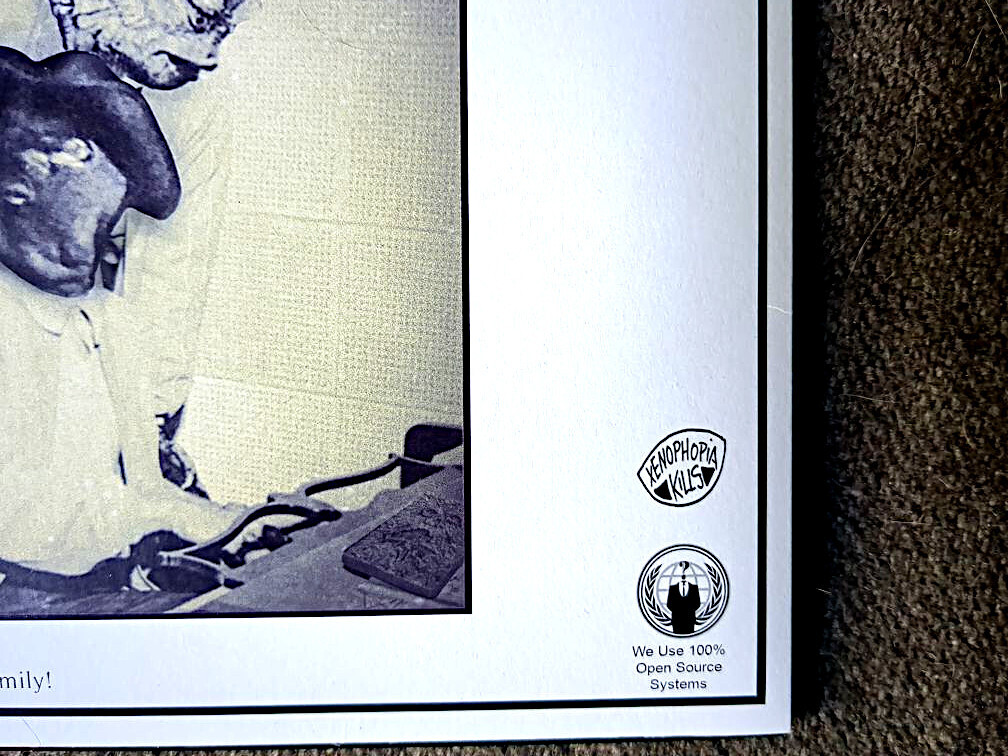
Stay Free
I'm not sure, but I'm guessing not many, if any, records were made with 100% open source and free software. And that includes everything from recording to artwork and mastering. Even my brain is reasonably free. Our goal is to create something completely analog in the end. You can still listen to a vinyl record even when the power goes out, and our instruments don't need any either, but it's so nice when the tube amp distorts. https://sqrecords.de
https://word.undead-network.de/2024/11/02/stay-free/
#analog #FOSS #music #opensource #oss #vinyl
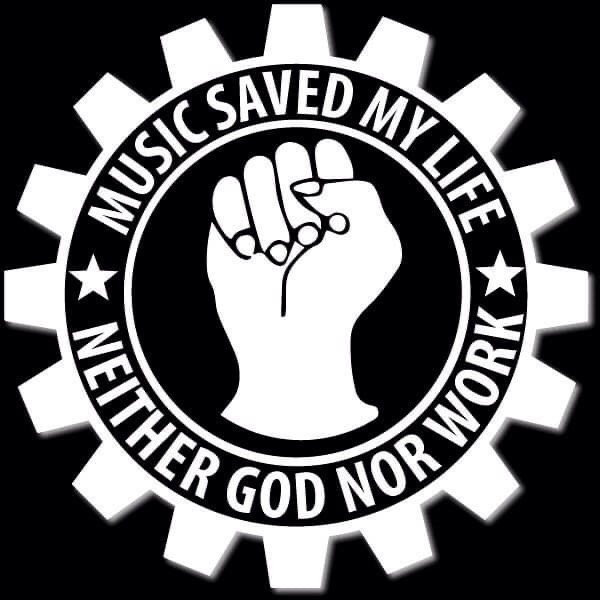
Thank you all for the many recommendations to the LINUX issue. There were so many that I can't respond to all of them. I've also been using Linux for over 20 years and love it, even though I've never gone beyond Ubuntu. In the end, it's just a tool. My life was saved by music. (music with such chaotic vibrations that no computer could ever create it!) #linux #kde #linuxmint #foss #thankyou
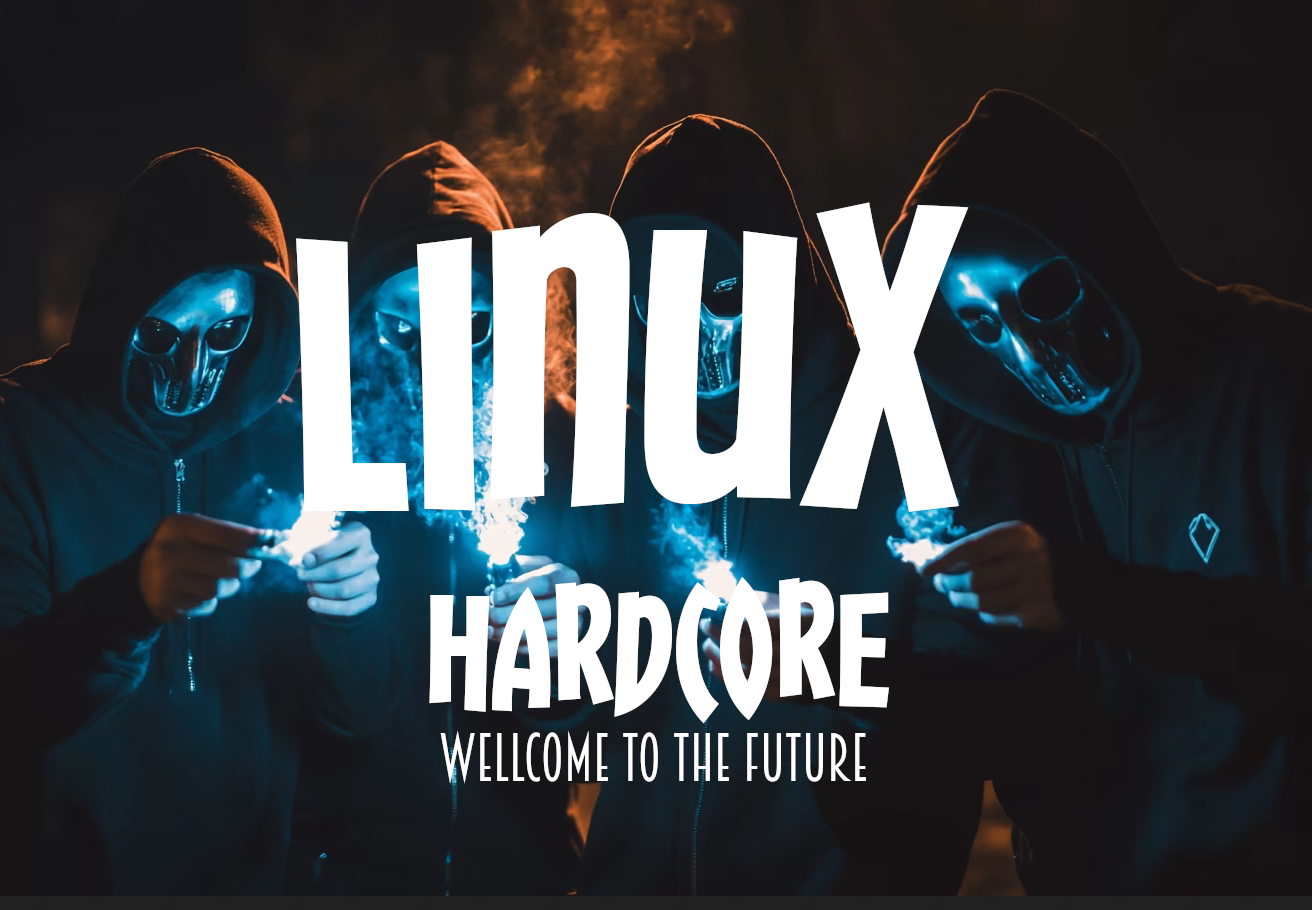
Since I got a lot of suggestions on my windows/linux post what else you could and should have mentioned for a distro. Here is my question directly.
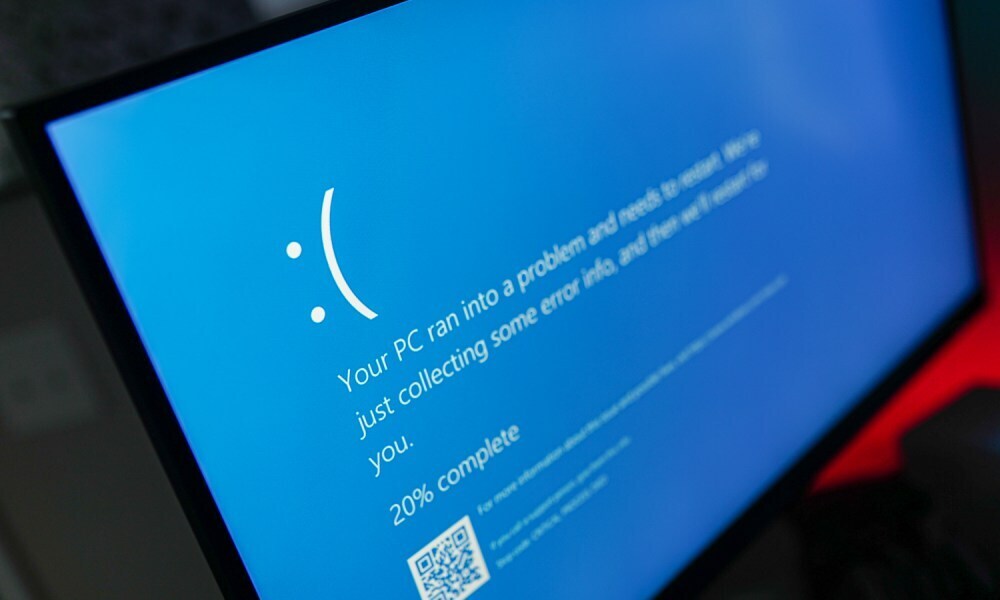
Windows 11 24H2?? Sick of this?
Are you tired of doing your daily tasks with endless troubleshooting, console commands and explanatory videos? Are you fed up with unwanted monitoring and advertising? Switch to a modern, fast and peaceful system in your own hands today. Start using Linux today! MINT for daily use or Kubuntu for Power user and Futurists.
https://word.undead-network.de/2024/10/31/windows-11-24h2-sick-of-this/
#FOSS #freedom #KDE #linux #mind #selfdefence #windows
Quand la géopolitique se mêle de l'open source : Linux se sépare de ses contributeurs russes
clubic.com/actualite-541763-qu…
La guerre en #Ukraine et les sanctions internationales contre la Russie ont des répercussions inattendues. Le projet open source Linux vient en effet de retirer une douzaine de contributeurs russes de la liste officielle des maintainers du noyau, suscitant un vif débat au sein de la communauté.
#linux #OpenSource #foss #politique #geopolitique #US #Russie

Basically the problem lies with the tolerance of the FOSS community to allow government intervention to what is called free and open among people of this planet despite of their origin, nationality, residence, race, ethnicity, gender, sexual origin, religious affiliation or lack there of, and by this tolerance are allowing those in power to take action against the powerless.
In support and #solidarity to ALL US residents who will continue to use, run, produce, contribute to FOSS despite of the legality their government is trying to impose. If they discontinue using it that wouldn't be either free or open.
https://diaspora-fr.org/posts/10587769#2c7f3c3075c5013d5ce70025900e4586
#joborun #kernel #linux #foss #russia
#freedom #sharing #democracy NE presidential executive orders
presidential executive orders = #monarchy
Well, dammit, now even #Linux has gotten "political." All developers and maintainers with ties to #Russia are being kicked out.
Linux - until now - has been a global, free and #open-source ( #FOSS) project. But Microsoft, IBM, and others who are big money "contributors" to the Linux Foundation have been using their Embrace --> Extend --> Extinguish strategy to mess it up.
It appears to be working.
So today I'm experimenting with a different UNIX-based desktop operating system called #BSD (also free and open-source, with less of the politics and none of the influence imposed by Big Tech (Micro$oft, IBM, etc) their #systemd pollution and influence-buying bullcrap.
Source: https://www.phoronix.com/news/Linus-Torvalds-Russian-Devs
#Linux #floss #foss #Software #russia #politics #Torwald #development #news #Problem #fail #sanctions #war #justice
Wow Matt is spraying more catpiss over at Wordpress.org. I’ve never seen such a scorched earth policy in FOSS but here we are. Maybe that whole dictator for life thing for an open source community isn’t a good thing after all. #wordpress #foss
WordPress.org’s latest move involves taking control of a WP Engine plugin